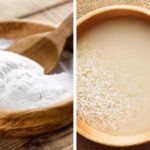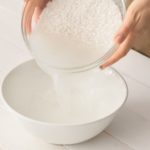Roses are a popular and relatively easy flower to grow. However, not everyone knows how to care for them properly to ensure abundant blooms with thick, beautiful petals. Roses are beloved not only for their beauty but also for their positive feng shui meaning, symbolizing luck, success, and love.
Here are some tips from experienced gardeners to help your rose plants produce more blooms:
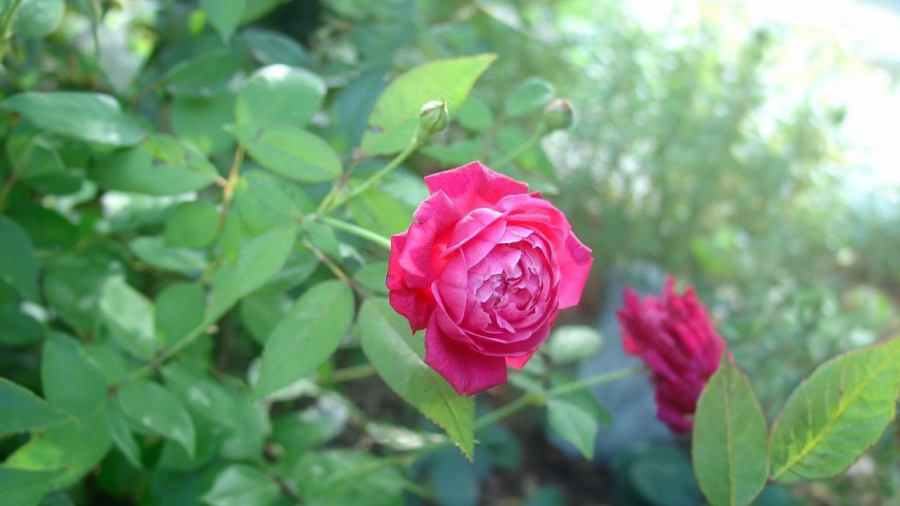
Watering with boiled egg water and adding crushed eggshells to soil
If you’ve noticed, many rose gardeners keep crushed eggshells in their pots. Eggshells are composed of about 93% calcium and over 4% protein, as well as minerals such as iron, potassium, and magnesium. They provide abundant nutrients and calcium for your plants. Adding crushed eggshells helps protect roses from diseases and promotes healthy growth. Eggshells also provide trace elements that help roses produce large, thick, and vibrant blooms.
Boiled egg water also contains a good amount of calcium for your plants. So, it’s advisable to keep the boiled egg water and let it cool before using it to water your roses. If the soil lacks calcium, roses may develop purple spots on their leaves, and their buds may dry up and fall off prematurely. Adding eggshells to your roses helps prevent these problems and encourages healthy growth, preventing issues like dried-up leaves, buds, and flower drop.
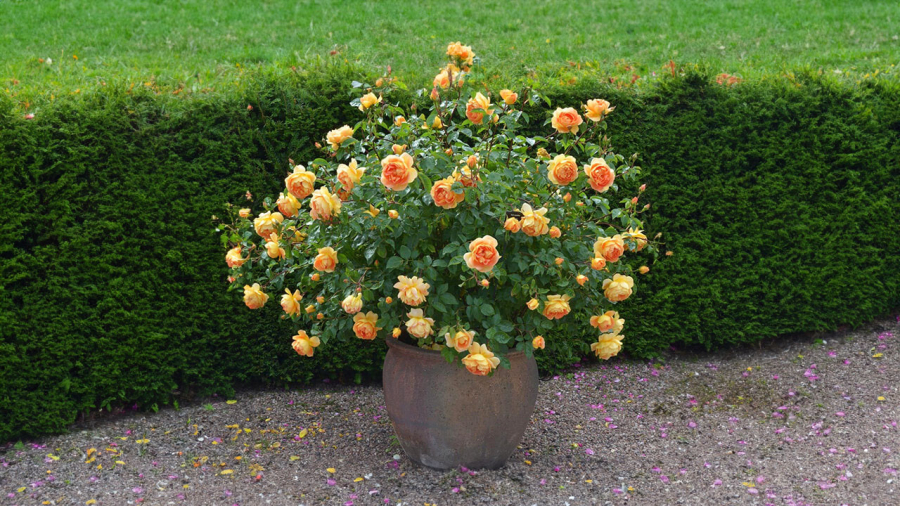
How to do it: Crush or grind boiled or raw eggshells, then sprinkle them around the base of your rose plants or mix them into the top layer of soil. If the shells are still fresh with the egg whites intact, that’s even better, as they contain biotin, which is beneficial for roses. However, if you’re buying eggshells, make sure they are clean and dry to prevent bacterial contamination, as roses are prone to diseases.
Rice water
Rice water is often discarded as waste. However, it’s actually rich in nutrients that are beneficial for plants. Using rice water helps roses produce larger blooms. So, from now on, don’t waste your rice water, save it for your roses.
Leftover beer
When you have leftover beer, don’t pour it down the drain. Excess beer contains nutrients that are beneficial for plant growth. Beer is rich in vitamins and minerals. You can let it sit until the alcohol evaporates and then use it to water your rose plants.
Aquarium water
Water from aquariums with fish contributes valuable nutrients to the plants due to the fish waste. The water in an aquarium contains nitrogen, which is beneficial for rose plants. Therefore, you can use this water to irrigate your roses, but avoid using it if the fish are sick.
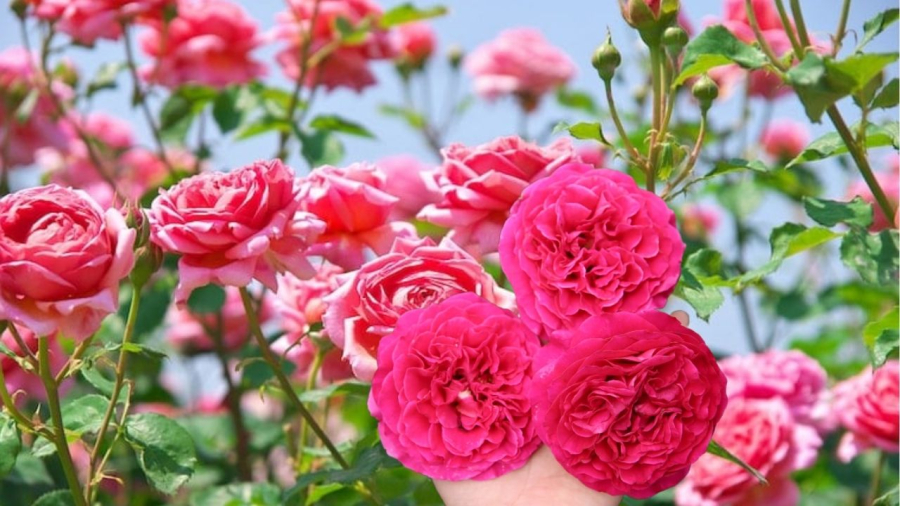
Diluted white vinegar
Roses prefer slightly acidic soil, and vinegar increases the soil’s acidity. Therefore, you can dilute vinegar and use it to occasionally water your roses to adjust the soil pH. The acidic environment promotes root growth, which leads to healthy plants, and helps roses receive enough nutrients for larger and more beautiful blooms.
Diluted monosodium glutamate (MSG) water and sugared water
MSG and sugar are two substances that roses love. MSG contains nitrogen molecules that roses need. Therefore, watering your roses with diluted MSG water helps roses produce larger and thicker petals. However, you should avoid watering them too frequently.
Sugared water is also believed to be beneficial for rose plants. However, you should dilute the sugar and MSG in water at a ratio of about 1:500 to prevent over-fertilizing.



























